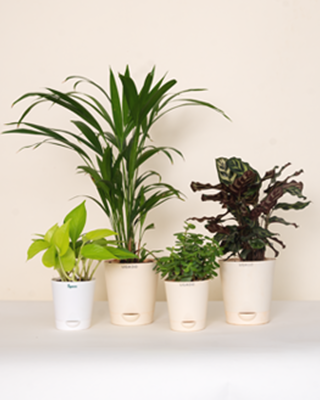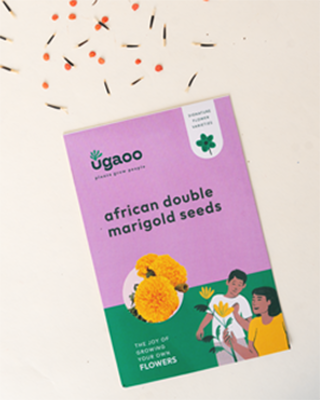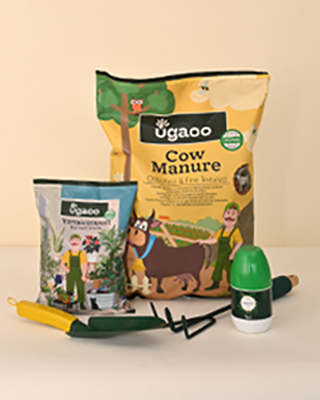Buy fenugreek seeds online

Fenugreek greens are an integral part of Indian cuisine. Methi Paratha, Methi Thepla, Aloo Methi, Methi Daal are some of the hugely popular Indian veg dishes. Young methi greens are used in Salads. Methi seeds are used in famous Indian ‘Tadka’ along with mustard & cumin seeds.


Fenugreek Benefits:
Fenugreek leaves are highly nutritious, being a great source of calcium & iron. Fenugreek seeds are rich sources of protein, dietary fiber, B vitamins, iron and several other dietary minerals. Fenugreek has medicinal value for rheumatic and gout patients & stomach ailments.

How to grow Fenugreek:
Fenugreek is not just easiest, but it is one of the quickest herbs to grow. It comes to the aid of organizers of special functions if any ground is to be covered quickly for green effect or any green lettering is required. Read more on Medicinal Plants in Urban Homes.
You can also Buy Herbs Online.
Fenugreek is a winter crop & dislikes hot and moist climate. It can be cultivated as an intercrop with green peas, cauliflower or cabbage, in succession at fortnightly intervals, throughout the winter. When harvested as microgreens, fenugreek is known as ‘Samudra Methi’ in Maharashtra, especially in and around Mumbai, where it is often grown near the sea in the sandy tracts. Samudra Methi is also grown in dry river beds of North India.

Steps for growing Fenugreek in containers:
- Container: Take any container or pot of your choice, preferably a shallow tray or crate will do. Make sure the container has drainage holes at the bottom.

2. Soil: Fill the container with potting mixture i.e. good quality soil with added organic manure. Fenugreek can also be grown in sandy soil or even pure sand.
3. Sowing: Sprinkle the fenugreek seeds evenly all over the soil without worrying too much about spacing. Fenugreek seeds are easily available; you can also use the seeds from the grocery store which are meant to be used as food.

4. Germination: Cover the seeds after sowing by sprinkling more soil on them. Seeds germinate within 3-4 days.

5. Sunlight: Place your container at the bright sunny spot of your home garden. At least 3-4 hours sunlight is essential.
6. Watering: Water your container every morning by shower method using a watering can.

7. Harvesting: Microgreen Methi can be harvested within 8-10 days of sowing. Methi greens as a regular vegetable can be harvested in 3-4 weeks when leaves are mature. Harvesting is done by uprooting the entire plants and cutting off the long roots.
Learn How to grow Microgreens at Home.

8. Re-sowing of fenugreek seeds can be done in the same container after a gap of one week for next round of harvest.
It is certainly a vegetable that makes people fall in love with the bitter taste.
Happy gardening!















